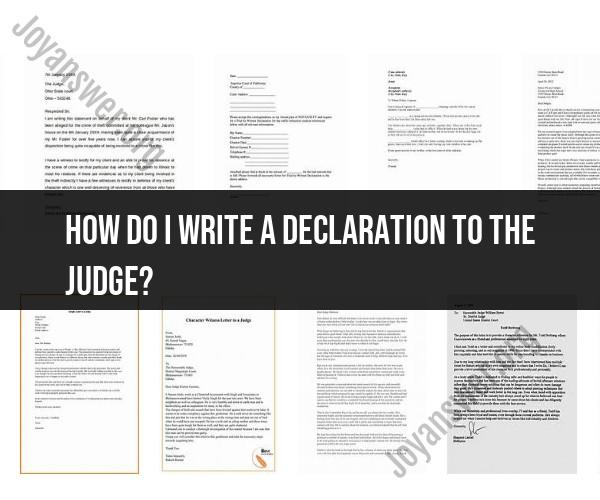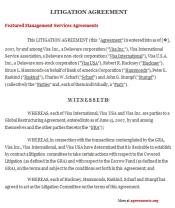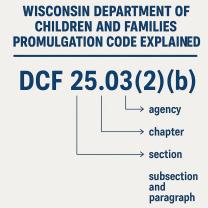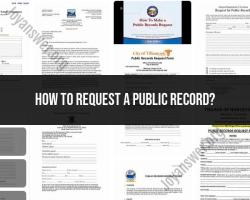How do I write a declaration to the judge?
Writing a declaration to a judge is a formal document used to present facts, evidence, or information in a legal case. Declarations are often submitted in writing and are typically sworn under oath, meaning that the information provided is considered truthful and accurate to the best of the declarant's knowledge. Here are some guidelines and tips for writing a declaration to the judge:
1. Use the Appropriate Format:
- Begin with a heading that includes the court's name, case number, and the title "Declaration of [Your Name]."
- Format the document with clear headings and paragraphs.
- Use a legible font and font size, typically 12-point Times New Roman or similar.
2.
- Start with a brief introductory paragraph that states your full name, address, and your relationship to the case (e.g., plaintiff, defendant, witness, etc.).
3. Sworn Statement:
- Include a statement affirming that the contents of the declaration are true and accurate to the best of your knowledge. Use wording such as "I declare under penalty of perjury that the following is true and correct."
4. Describe Your Information:
- Clearly and concisely state the information, facts, or evidence you want to present to the judge. Use numbered paragraphs for clarity.
- Organize your declaration logically, addressing one point or issue per paragraph.
- Stick to the facts and avoid including opinions, emotional language, or hearsay.
5. Be Specific:
- Provide specific details, dates, locations, and names whenever possible.
- If you are referencing documents or exhibits, attach copies and reference them in your declaration.
6. Address Legal Issues:
- If your declaration relates to specific legal issues, cite relevant laws, regulations, or prior court decisions when appropriate.
7. Keep It Concise:
- Be concise and to the point. Judges appreciate declarations that are clear and not overly lengthy.
- Avoid unnecessary repetition.
8. Review for Clarity and Grammar:
- Carefully proofread your declaration for clarity, grammar, and spelling errors.
- Consider seeking assistance from an attorney or a legal aid clinic if needed.
9. Sign and Date:
- Sign the declaration at the end, immediately following the oath statement.
- Include the date of signing.
10. File and Serve:
- File the declaration with the court clerk according to the court's procedures and deadlines.
- Serve copies of the declaration on all parties involved in the case as required by court rules.
11. Respect Court Rules:
- Familiarize yourself with the specific rules and procedures of the court where your case is pending.
- Follow any court rules regarding the submission of declarations.
12. Seek Legal Advice:
- If you have any doubts about how to draft your declaration or if you need legal advice, consult with an attorney.
Remember that a declaration is a legal document, and making false statements or providing misleading information can have serious legal consequences. Always strive to present truthful and accurate information in your declaration to the judge.













